Are you ready to navigate the intricacies of government bidding? Crafting the perfect letter for your proposal is essential to stand out in a competitive market. By following a structured template, you can clearly convey your capabilities and reinforce why your offer is the best choice. Join us as we dive deeper into the specifics of creating a compelling government bidding letter that can help you secure those valuable contracts!

Clear identification of bidder and project
The government bidding process requires precise identification of both the bidder and the project to ensure transparency and compliance. For bidders, it is essential to provide full legal names, registration numbers, and contact details to establish credibility and facilitate communication. The project should be clearly outlined, including its title, reference number assigned by the government agency, and a concise description detailing objectives, scope of work, and expected outcomes. Additionally, pertinent timelines, delivery milestones, and funding amounts should be included to provide a comprehensive understanding of the bid's context. Proper identification aids in the efficient evaluation of proposals and fosters accountability in public procurement.
Compliance with tender requirements
Compliance with tender requirements is crucial for successful government bidding processes, encompassing specific guidelines and criteria outlined in tender documents. Each tender specifies prerequisites such as certifications, financial stability, and technical competence, ensuring firms meet local, state, and federal standards. For instance, adherence to the Bidder's Checklist or Submission Guidelines can enhance the evaluation process. Proper documentation, including proof of insurance coverage, relevant licenses, and past performance records, showcases capability to fulfill the contract terms. Attention to detail in proposals can significantly impact bid evaluation, with clarity in pricing models and project timelines crucial for demonstrating feasibility and reliability in fulfilling government contracts.
Detailed cost estimation and budget breakdown
A detailed cost estimation and budget breakdown for government bidding offers requires specificity in expense categories, such as direct labor, materials, overhead, and profit margins. For example, in a construction project proposal for the City of Springfield, total projected costs might be divided into labor costs at $150,000, material supplies at $200,000, and overhead at $50,000. Each category should provide sub-details, like hourly rates for skilled labor ($30/hour for electricians) and bulk pricing for concrete ($100 per cubic yard). Contingencies should also be included, typically around 10% of total costs, to accommodate unforeseen circumstances. Accurate budget forecasting ensures transparency and fosters trust with public entities.
Demonstrated experience and expertise
Demonstrated experience in government contracting showcases successful project execution across sectors such as infrastructure, public safety, and technology. Expertise encompasses a team of certified professionals with backgrounds in project management, compliance with federal regulations, and innovative problem-solving. Past projects include large-scale urban development initiatives valued over $10 million in cities like San Francisco, or public health campaigns implemented nationwide, aimed at improving community wellness. Proven track records include meeting deadlines, staying within budget, and exceeding performance metrics, fostering strong relationships with government entities, enhancing service delivery, and ensuring transparency in all operations. Trust in established capabilities that align with government goals, ensuring efficient use of taxpayer funds.
Legal and regulatory adherence
Legal and regulatory compliance in government bidding processes ensures fair competition among contractors. Adherence to established guidelines, such as the Federal Acquisition Regulation (FAR) in the United States, is essential. This legal framework outlines requirements for transparency, accountability, and adherence to ethical standards. Contractors must provide documentation verifying compliance with local laws (like labor regulations or environmental standards) and federal statutes to avoid disqualification. The bidding process also involves detailed scrutiny on past performance, financial stability, and adherence to anti-corruption measures, which can impact eligibility. Non-compliance can lead to penalties, disqualification from future contracts, or reputational damage, emphasizing the importance of understanding and implementing the necessary legal protocols.

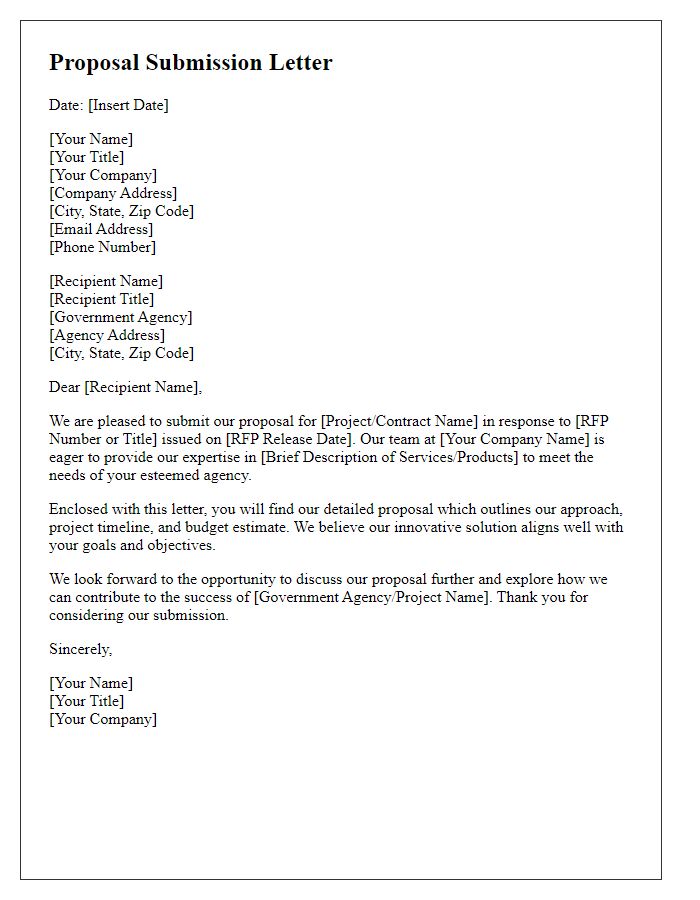
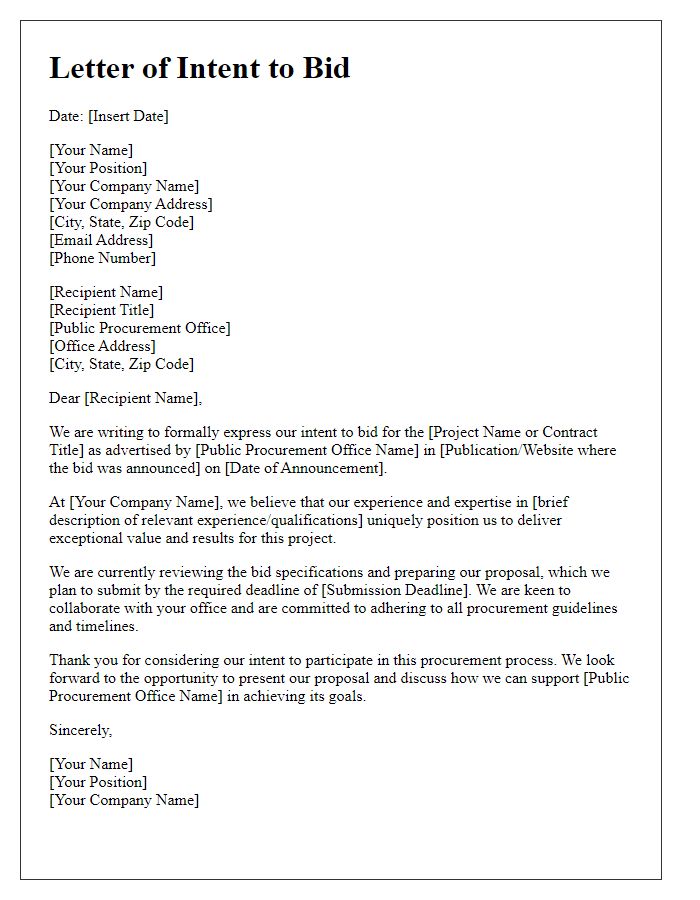
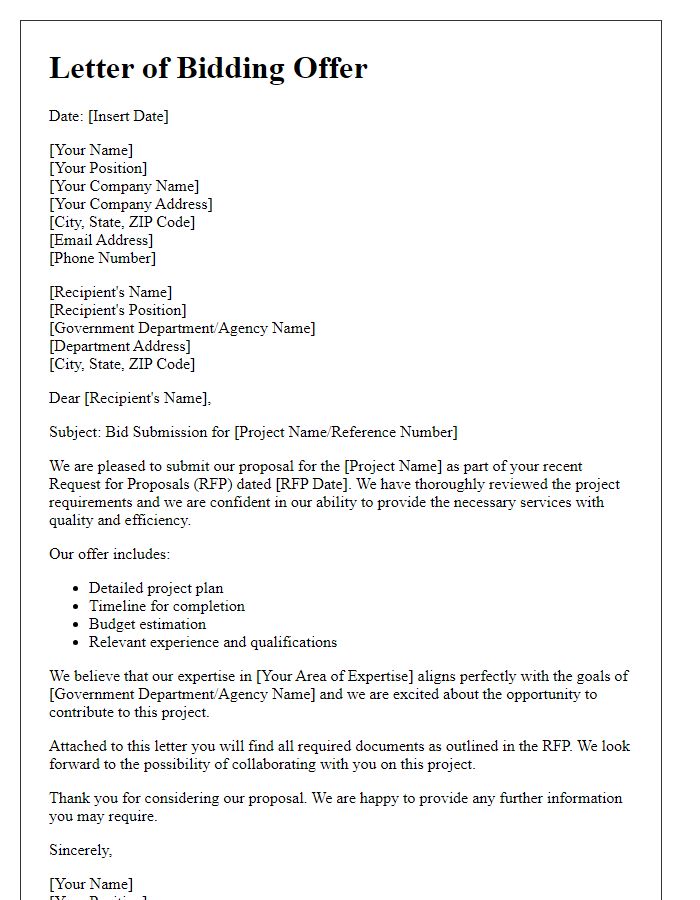
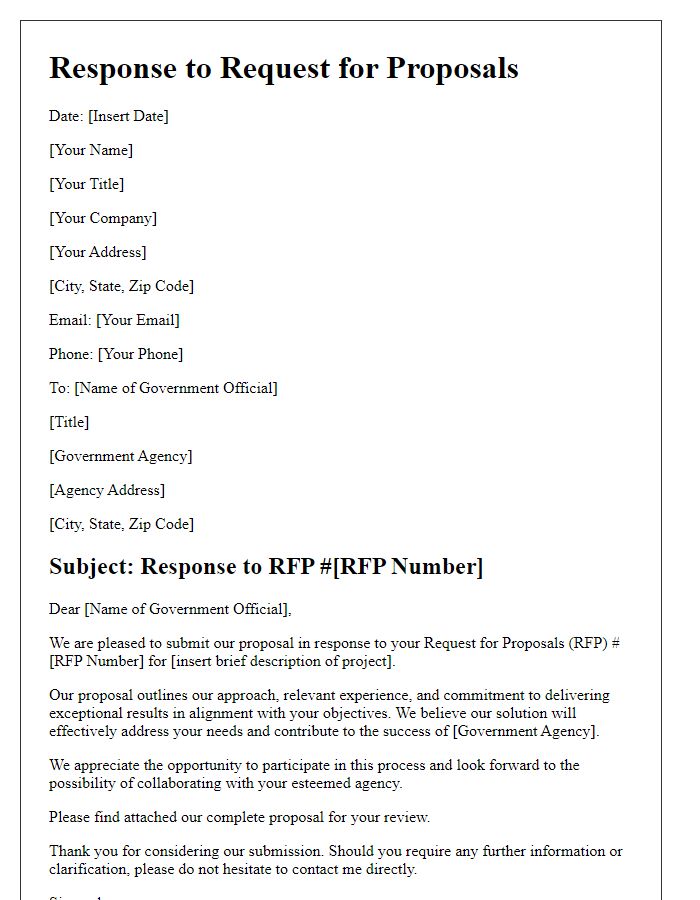
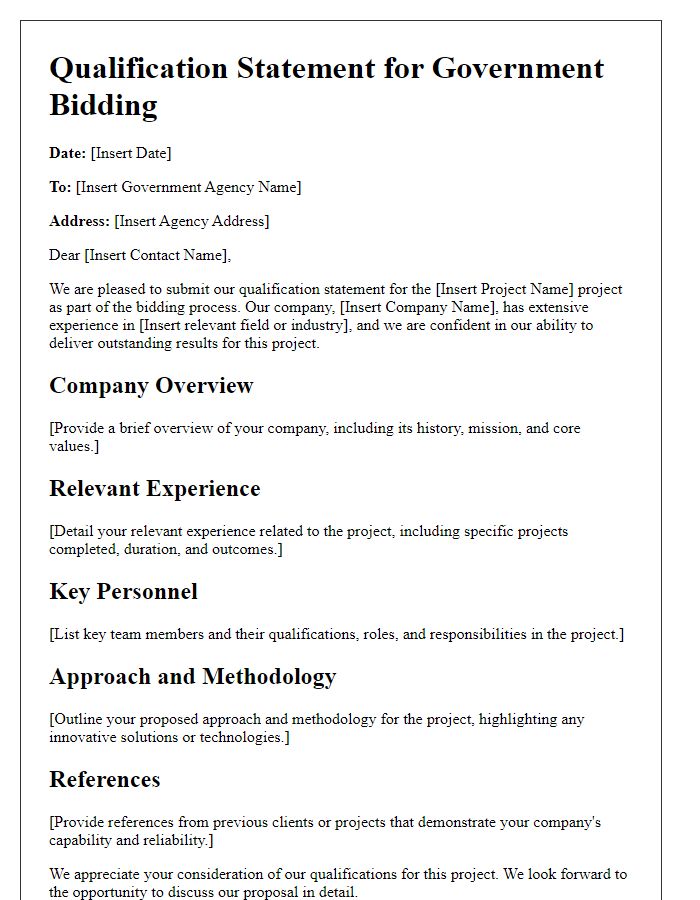
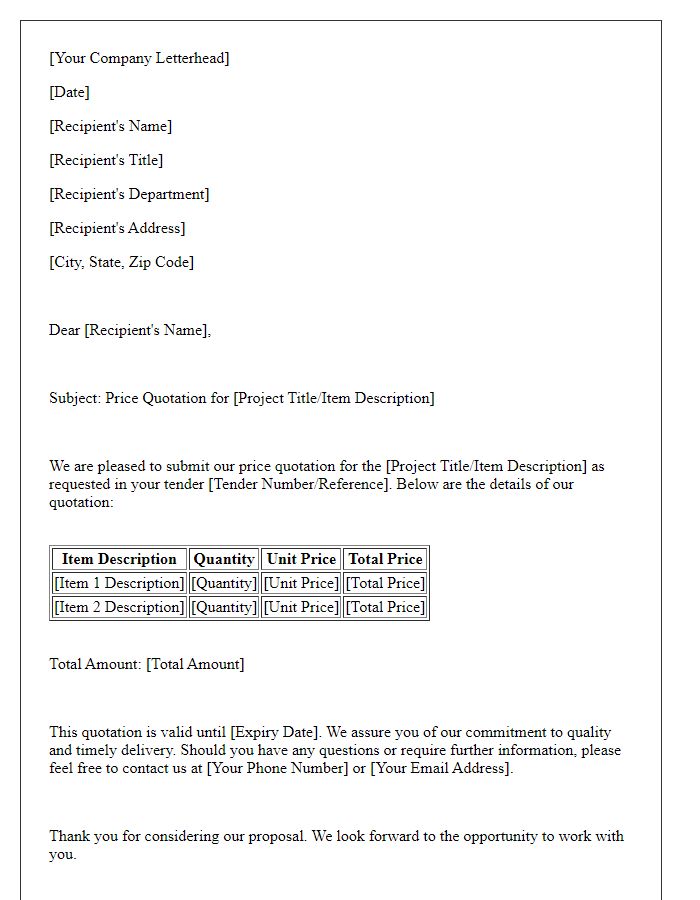
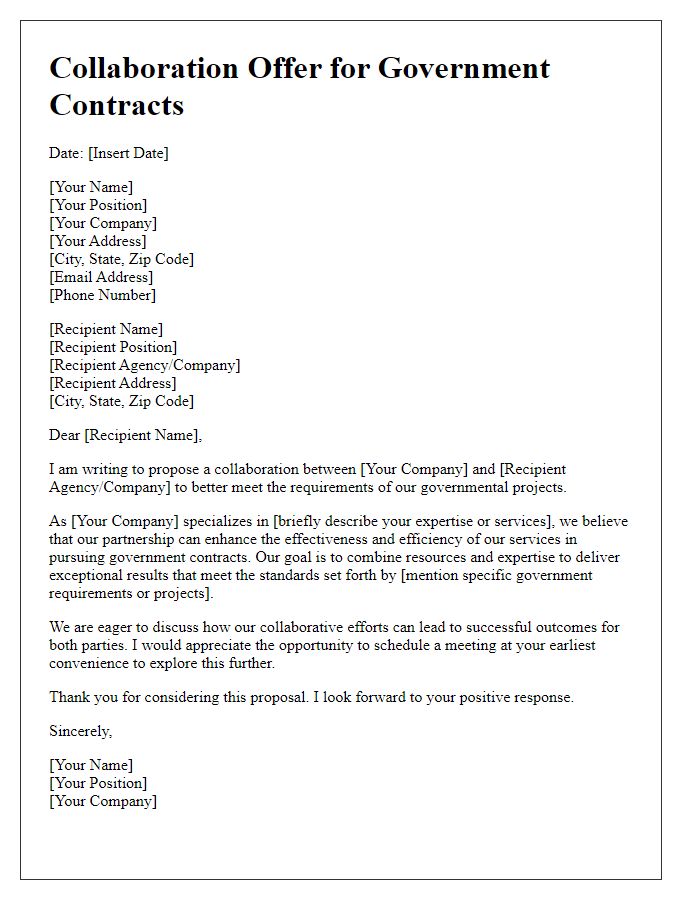
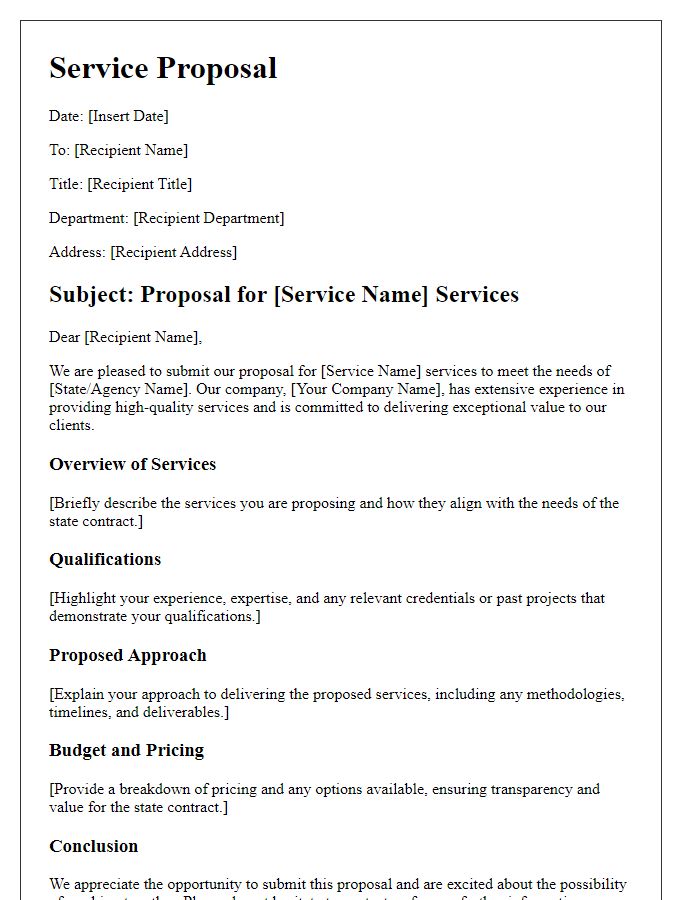
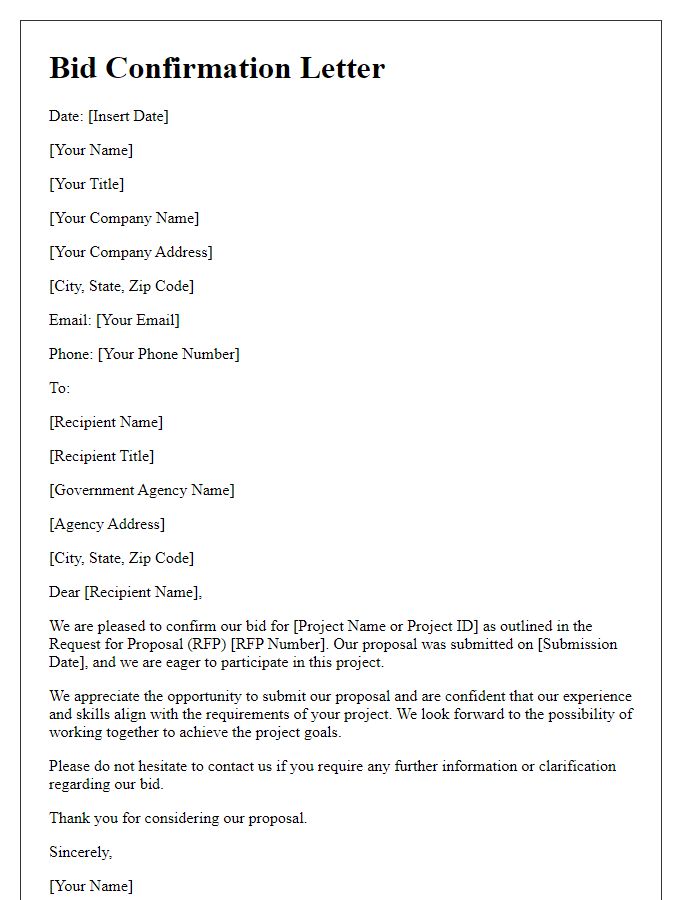
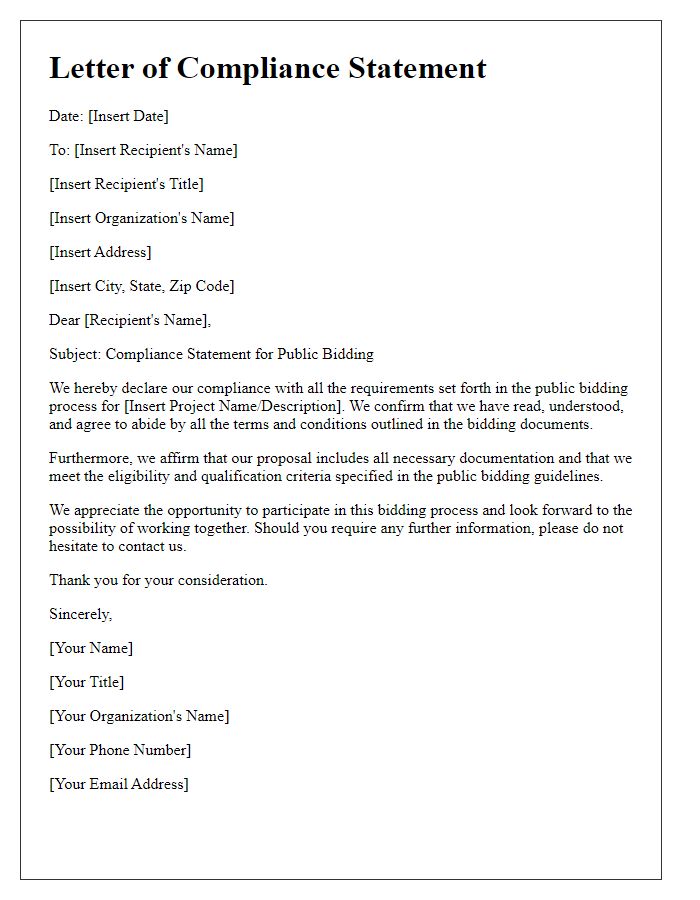


Comments